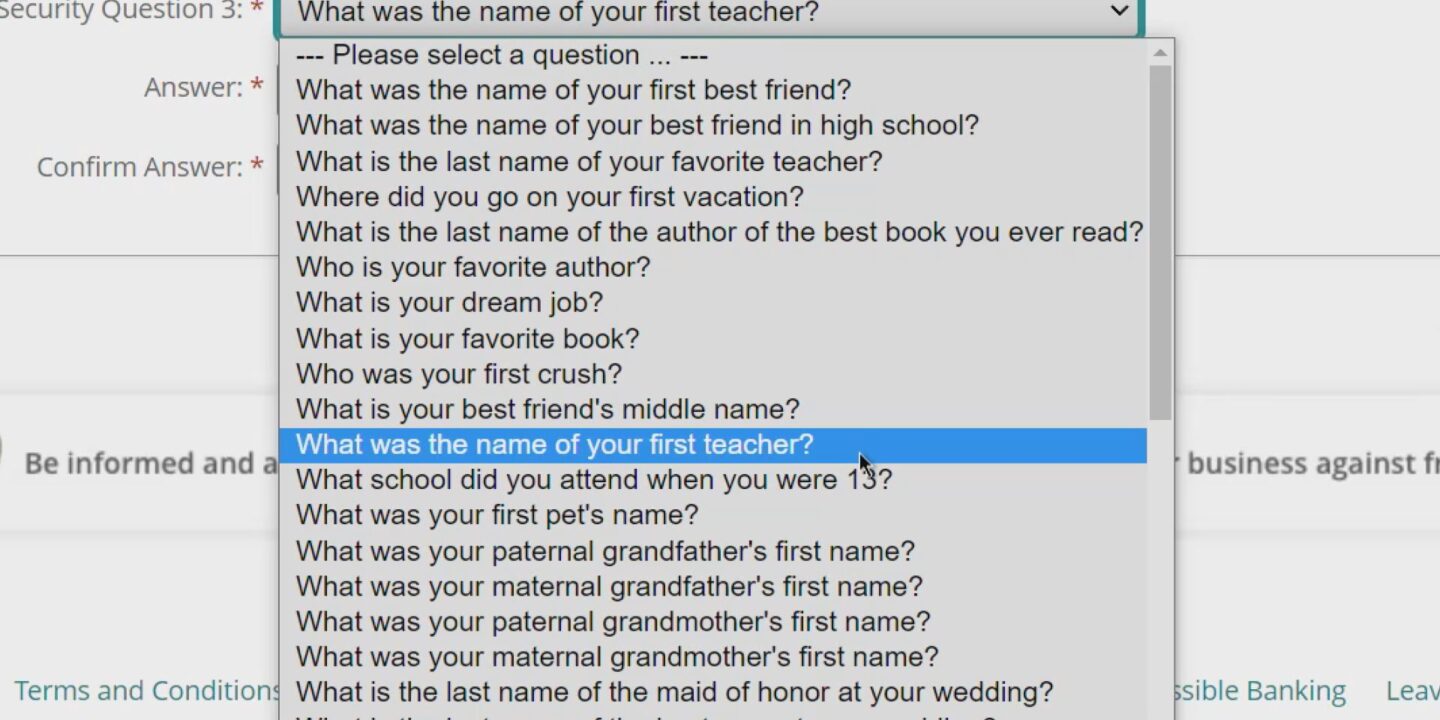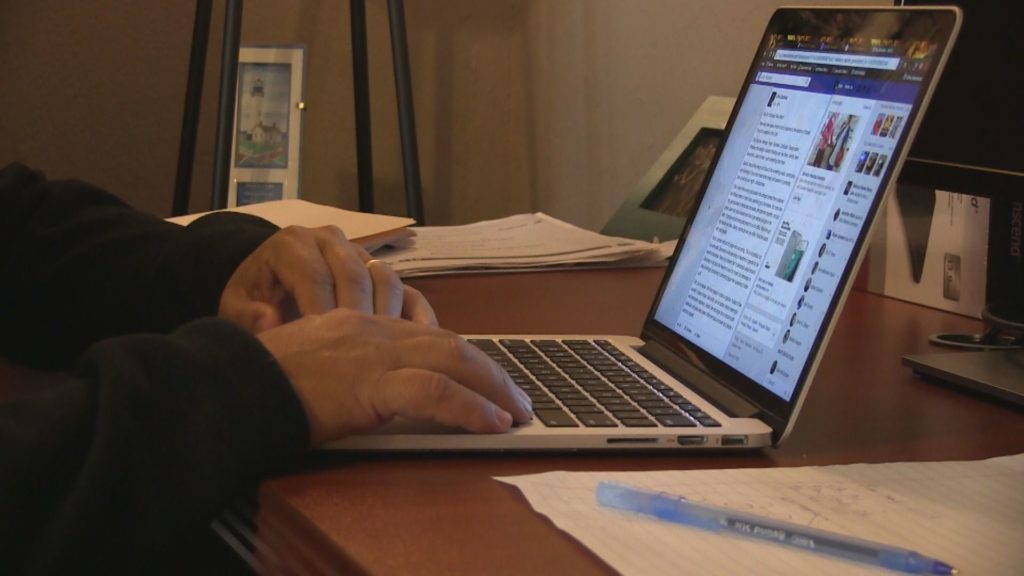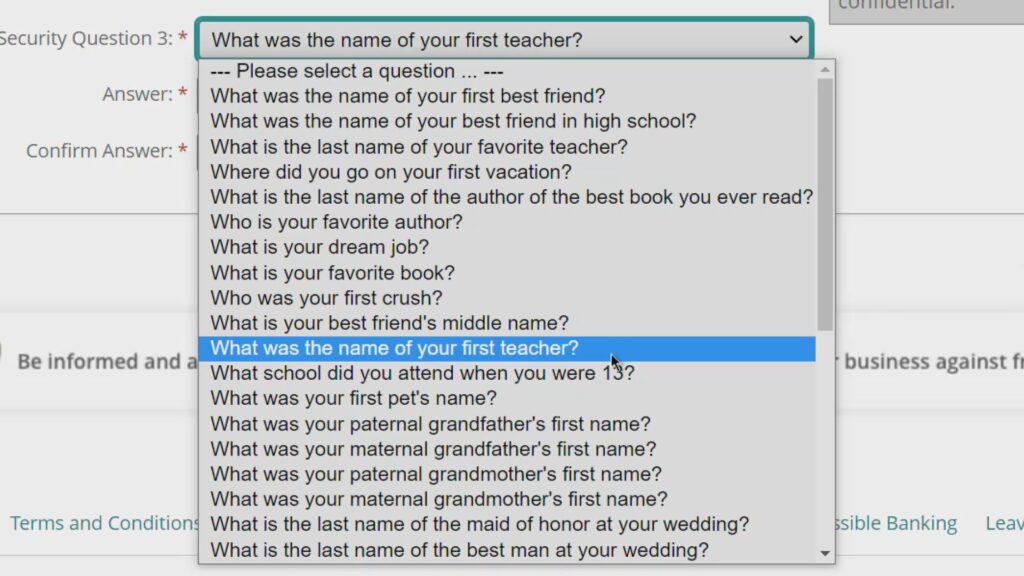- Home
- The Latest
- The trouble with oversharing o ...

You know those “just for fun” questions on Facebook. Your favorite subject in school, or your first-grade teacher? Cybercrooks are really interested.

Maybe you already know it’s not a good idea to over-share on social media. Then you find yourself answering one of those lists of questions posted by one of your friends. I ran across one the other day saying it was “National Middle Name Day” and to drop your middle name in the comments.
This one makes the rounds every few months. There are others such as tell us the name of your favorite teacher, or pet, or what kind of car you drove in high school. They seem harmless. While your friends may not find it all too interesting, there are con artists and hackers who love nothing more than seeing how you answer the questions.
Why? Because they are constantly combing the web and social media looking for information they can use to target victims. Here’s an example of how this type of oversharing can be used against you:
When you sign up for a new account with a bank, credit card company, Netflix, or something else you might be asked to choose a password recovery question and answer. Registering a new home security camera I was asked for an answer to one of those recovery questions and was given several to choose from. At least a half-dozen of those options were questions I had seen in the Facebook question posts.

If a digital con artist chooses to target you, they can go onto Facebook, find your profile and scrape whatever information you’ve posted publicly. Armed with enough information just from Facebook they can potentially reset those account passwords using the answers you’ve given in the comments or in a post.
Also, think of all of the other information you’ve posted on Facebook such as your phone number and birthdate. If your family members are listed in your “About” section, the hacker can more than likely find your mother’s maiden name, which is very useful information in re-setting passwords as well as for identity theft.
If you cannot help yourself from playing those Q&As on Facebook make sure you’re sharing the information only with friends and not publicly. If your answer is shared publicly, anyone can see it, whether you know them or not. Even if they’re not on Facebook, they can still see your public posts.
It’s okay to lie
Here’s another idea: Lie. When you’re signing up for a new account of some kind and they ask for the answer to one of those questions: instead of giving your first-grade teacher’s name, enter your second-grade teacher’s name. Rather than the color of your first car, enter the color of your second car, or your favorite or least favorite color.
Sure, chances are slim you’ll be a target, but the cyber bad guys are constantly searching for victims. It’s their full-time job to crack into online accounts and they’re always scraping information from as many resources as they can find. Social media is one of the first places they check.

